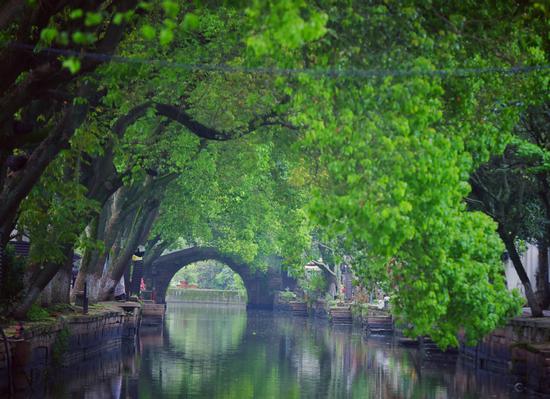
(Photo by Jiang Dong/China Daily)
In Suzhou, Jiangsu province, history comes alive in every old building and winding alleyway, attracting a media buzz surrounding its success in preserving and utilizing its ancient charm.
It stands as the inaugural destination of the "Cultural Journey" program, which dedicates to showcase the preservation and flourishing of China's vibrant traditional culture.
The program features key sections like "Archaeological China", "Exploring China", "Traveling across China", "Preserving Intangible Cultural Heritage in China" and "Openness in China".
It covers topics such as discovering cultural relics, protecting historic sites in cities and towns, promoting cultural tourism, safeguarding and passing down intangible cultural heritage and fostering exchanges among civilizations.
Tongli Ancient Town, Pingjiang Historic Cultural Street, and No. 32 Lane in Gusu District exemplify Suzhou's successful preservation and use of ancient buildings and historic cultural streets.
Tongli Ancient Town leads in preserving its cultural heritage by adopting a "living ancient town" model, restoring buildings to their original appearance and maintaining a vibrant community of 12,000 residents.
Pingjiang Historic Cultural Street is another success story, showcasing comprehensive protection efforts. Wang Yongfa, official from the Gusu district ancient city conservation committee, explained that Pingjiang has evolved from preserving a single street to safeguarding the entire historic district.
"After repairing the cultural buildings, we will utilize them based on their spatial characteristics, features and historical significance," Wang said. "Some cultural buildings are open to the public for free, while others serve as carriers for the development of new humanities and the economy."
In January, historical buildings in Suzhou were designated as part of the first batch of National Cultural Heritage Conservation and Utilization Demonstration Zones by the National Cultural Heritage Administration.
Luo Juan, deputy director of policy and regulation department at the National Cultural Heritage Administration praised Suzhou's significant efforts in revitalizing its cultural heritage buildings, attracting social and capital involvement for their renewal and transformation into art spaces and tourist attractions.
"Suzhou has pioneered a model for heritage building revitalization," Luo noted.
She highlighted efforts to bring museum artifacts to life in recent years and saw a surge in museum attendance, reaching 1.2 billion last year, matching 2019 levels. During this year's Spring Festival, visits surpassed 70 million, significantly surpassing the same period previously.
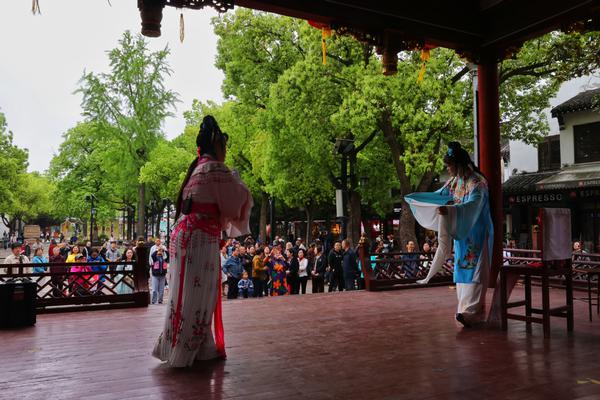
Currently, there are over 6,500 museums across the country, with over 90 percent offering free admission to the public. However, many visitors face reservation difficulties due to their popularity.
Luo commended Suzhou Museum's innovative hourly reservation system, offering a solution amid the current museum boom. "Some museums are also adopting staggered opening times to encourage off-peak bookings," she added.








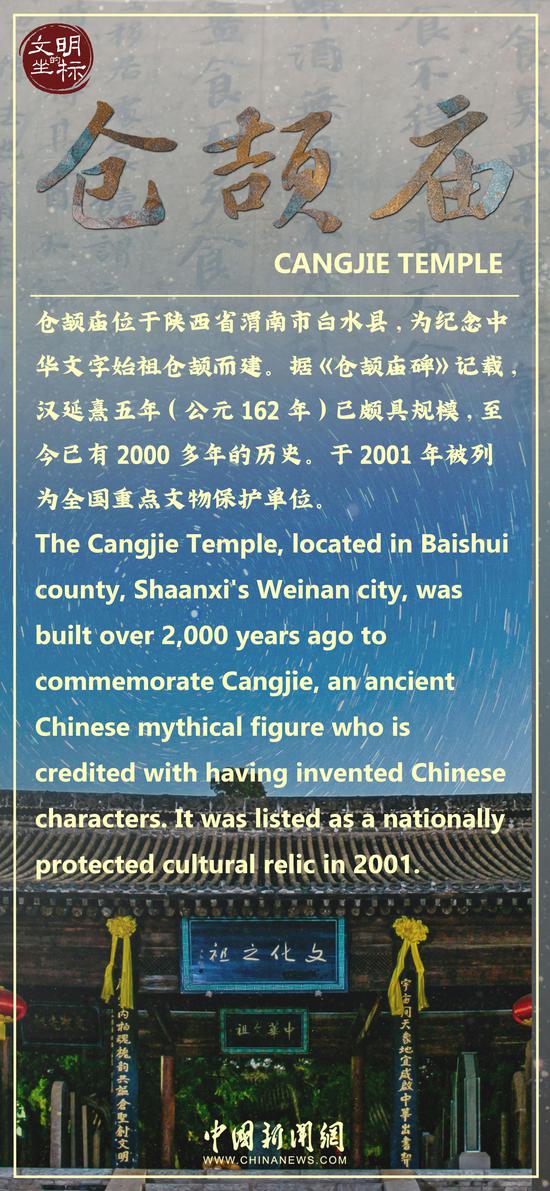

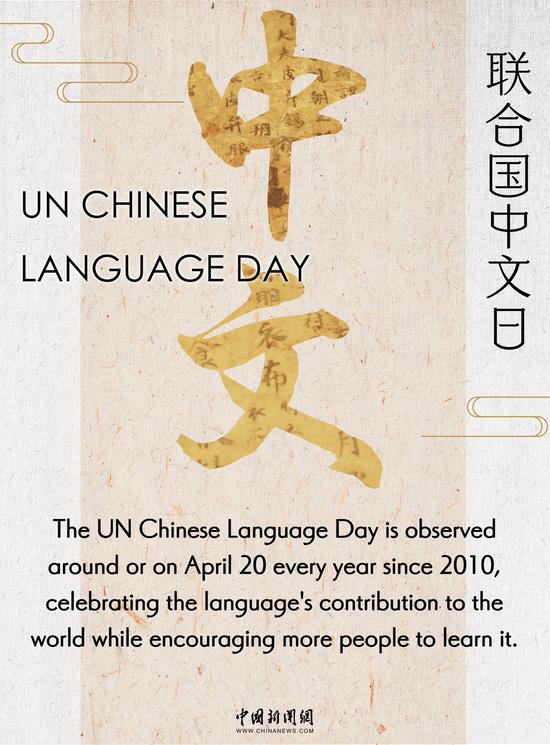
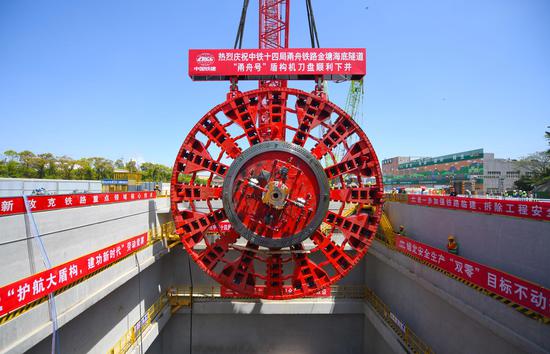
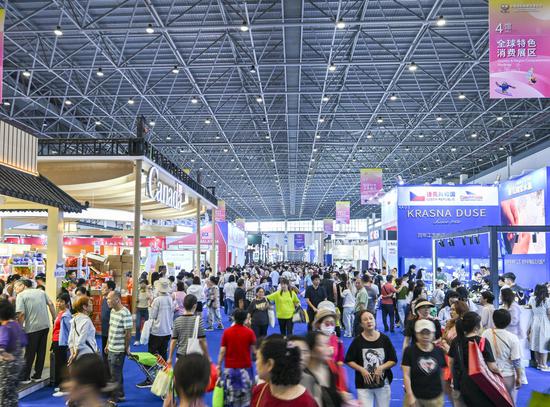
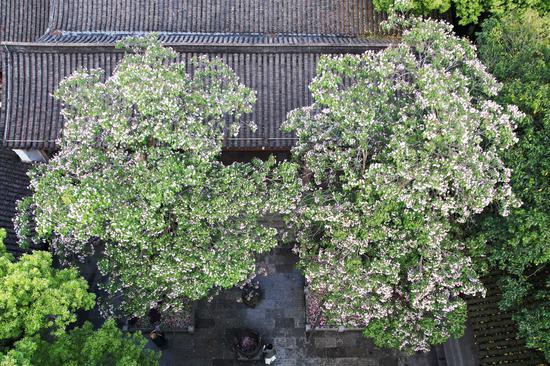
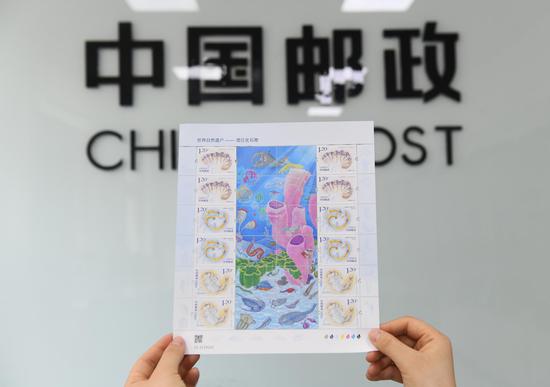

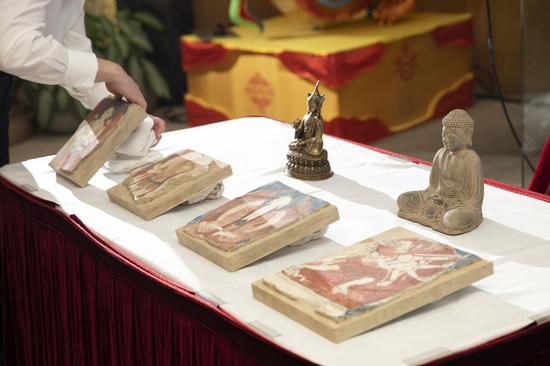




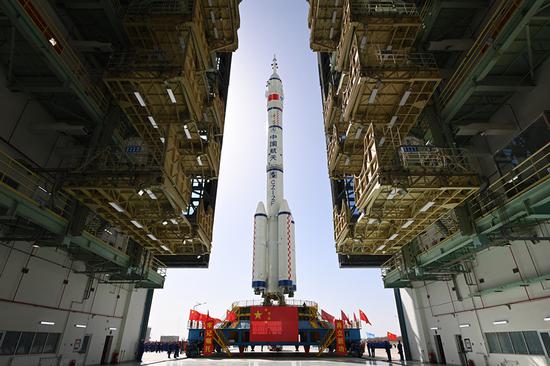
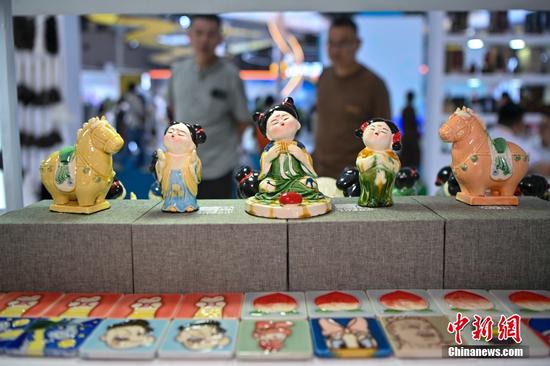

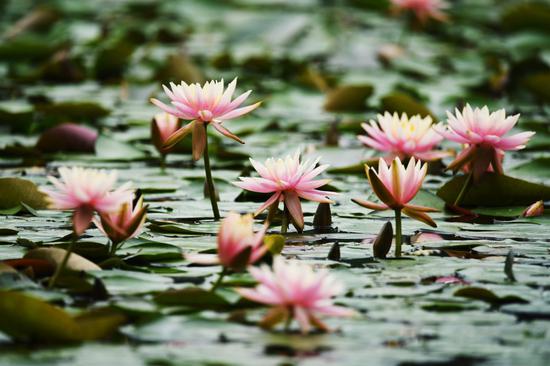
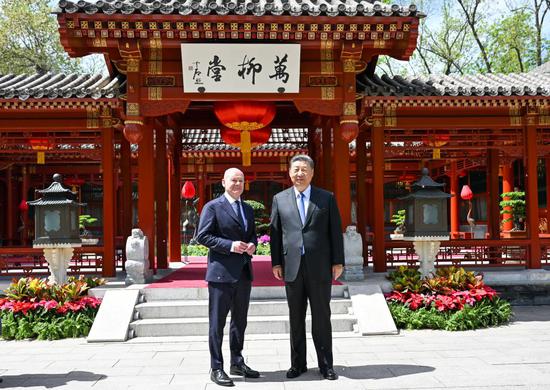
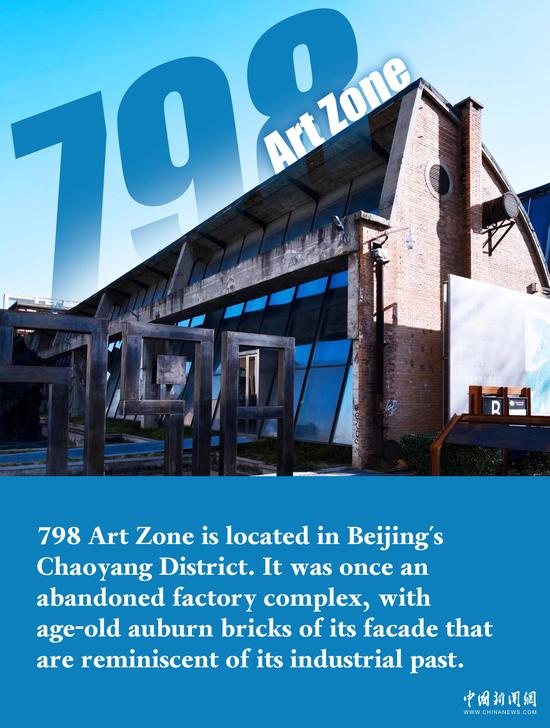
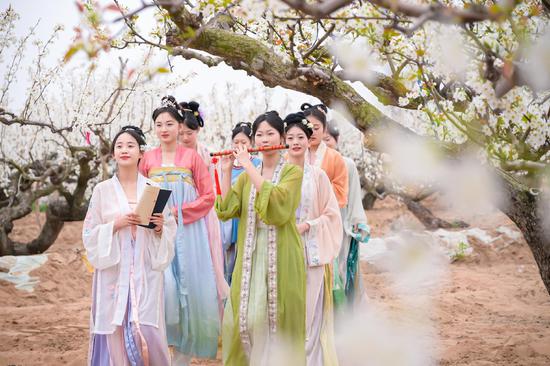

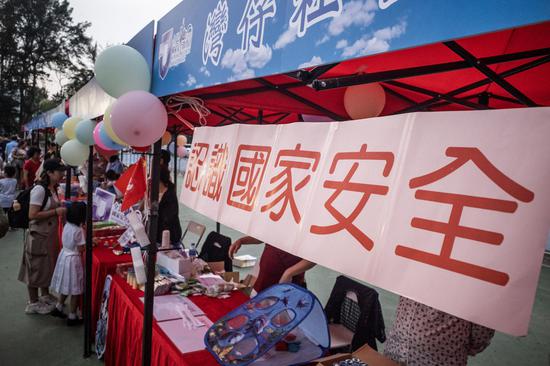
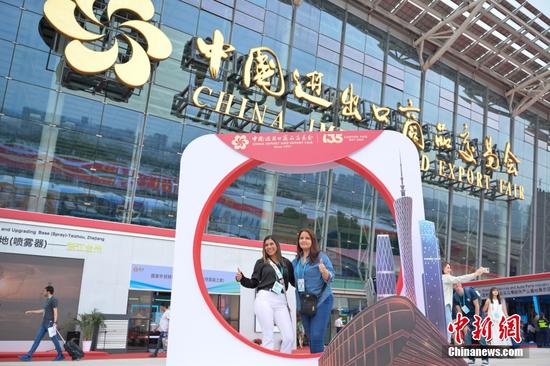
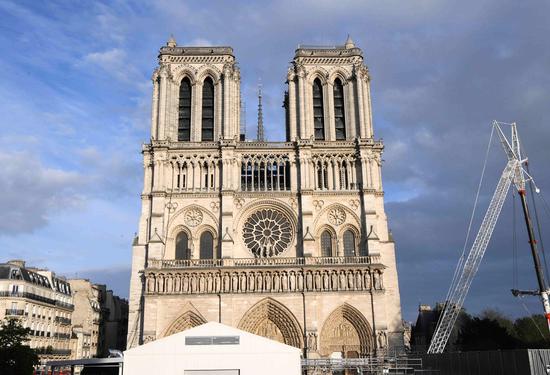
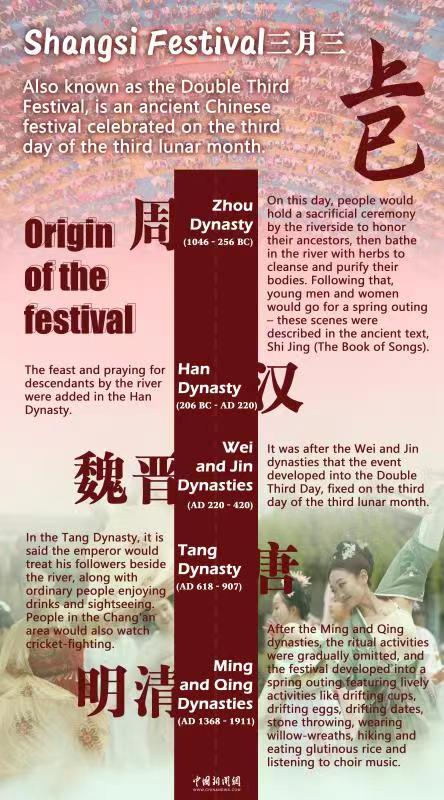



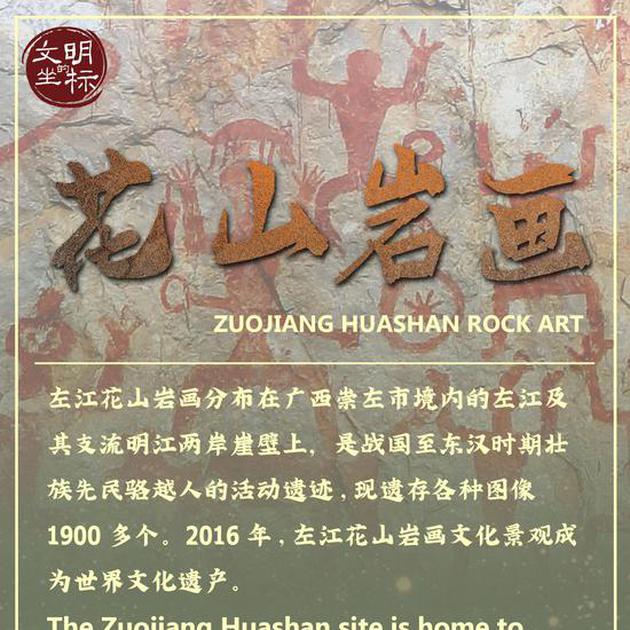
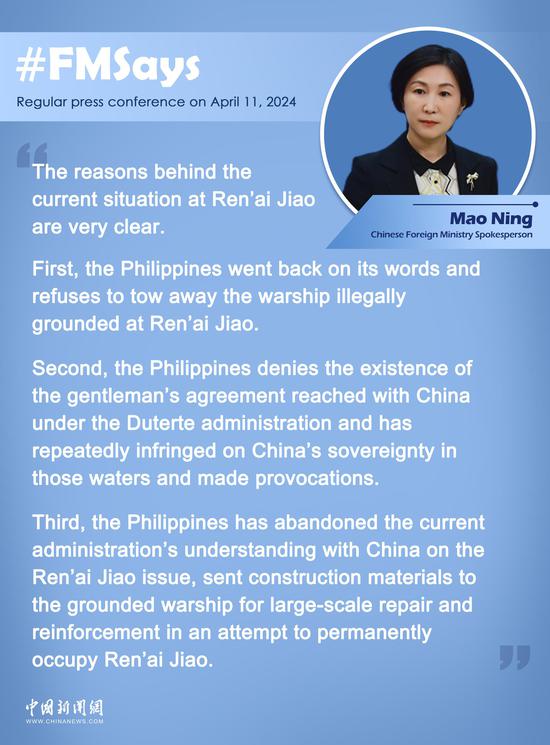

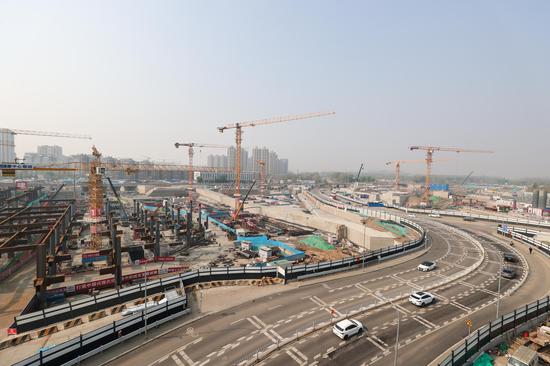
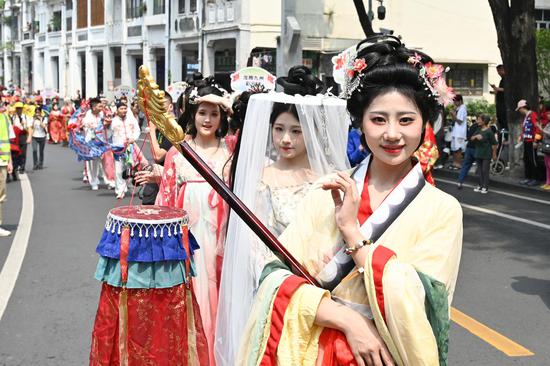

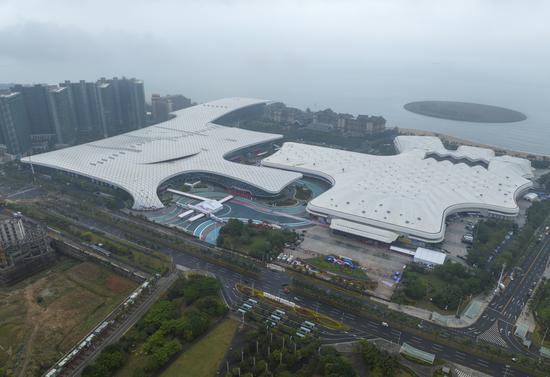
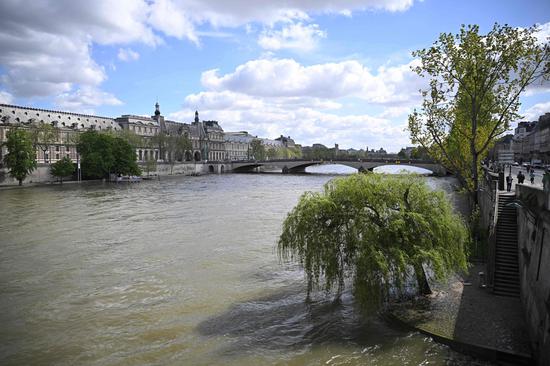






 京公网安备 11010202009201号
京公网安备 11010202009201号